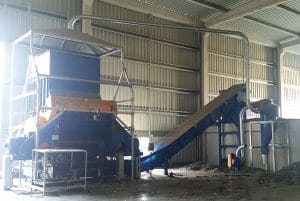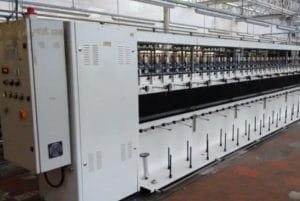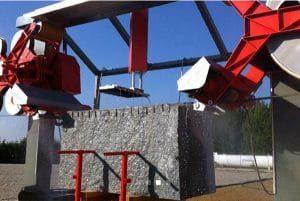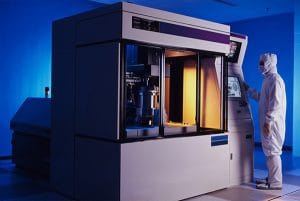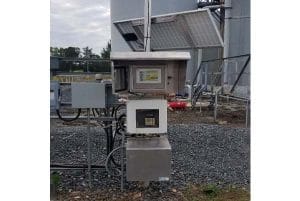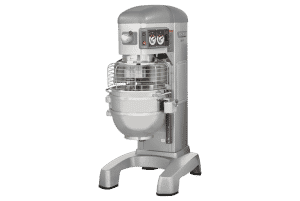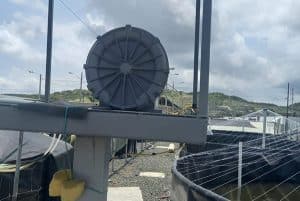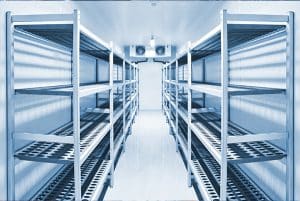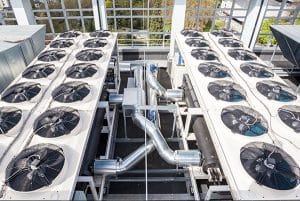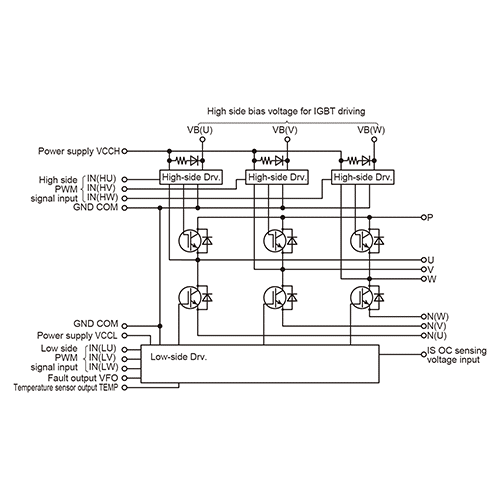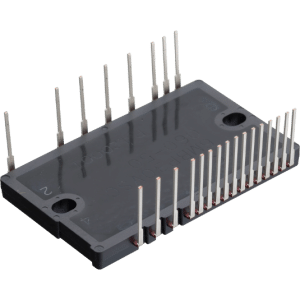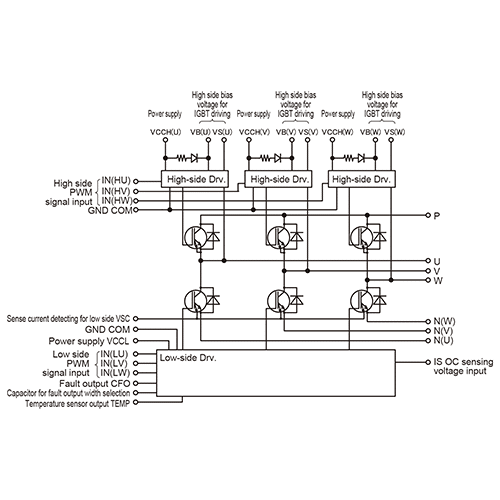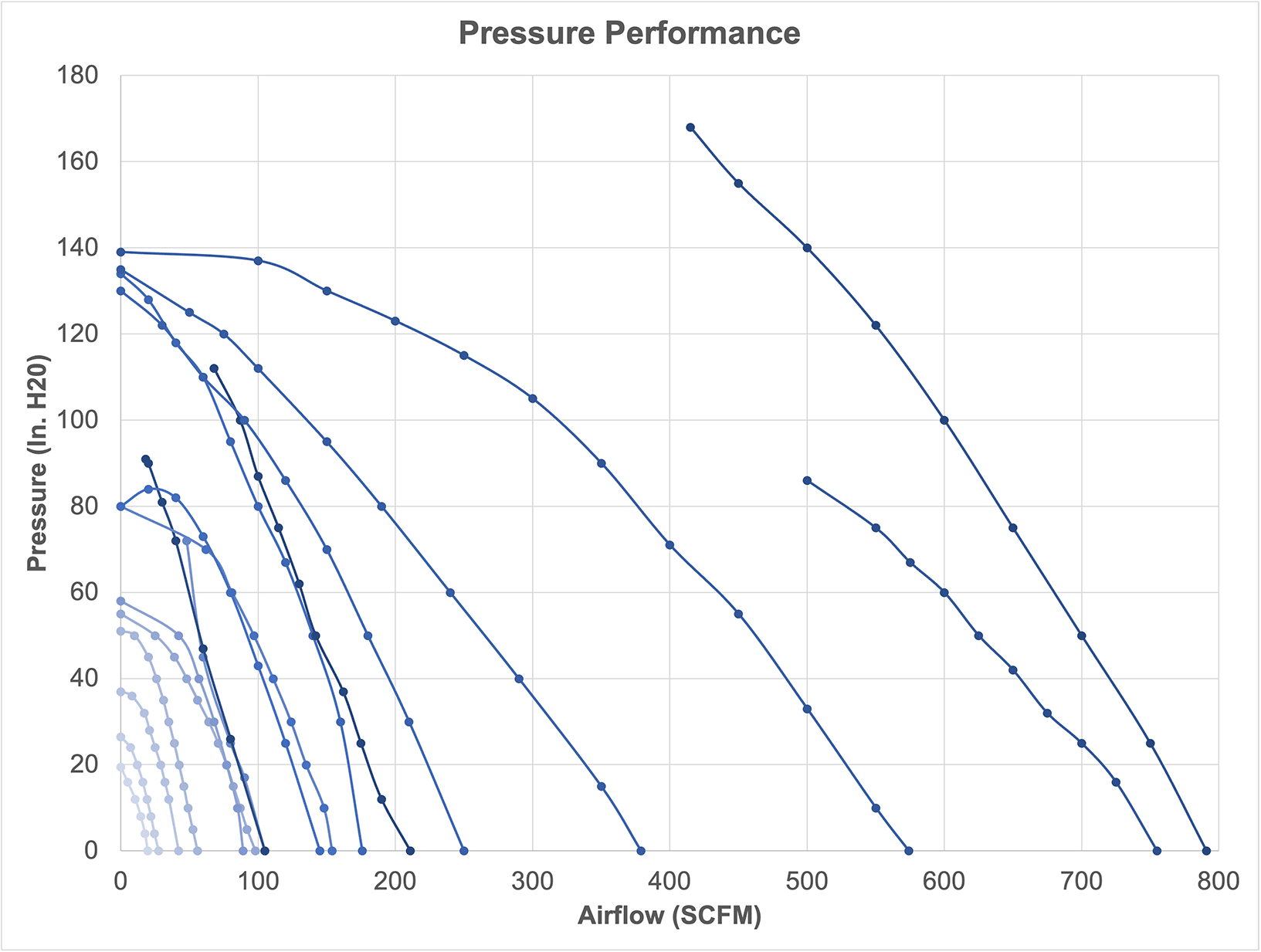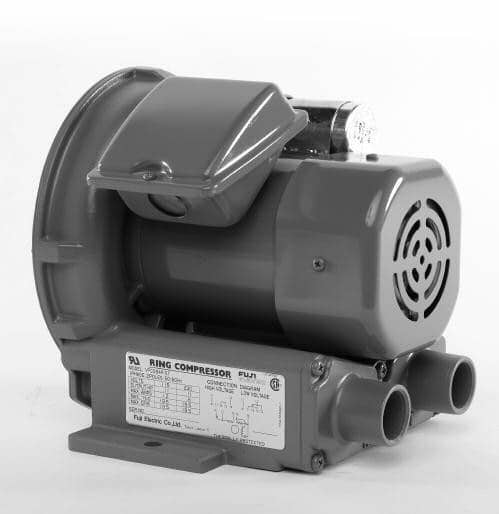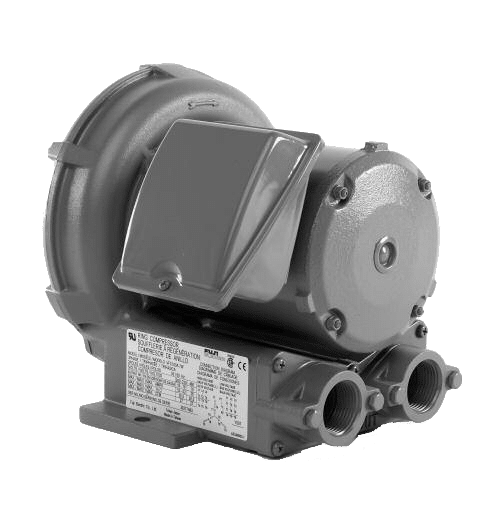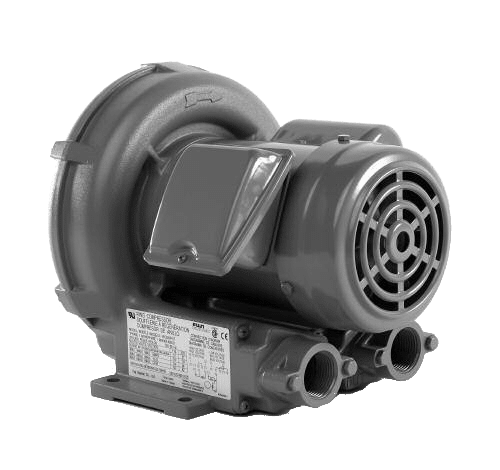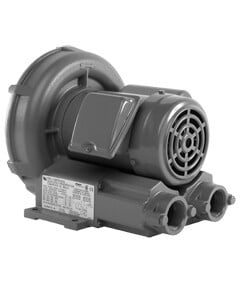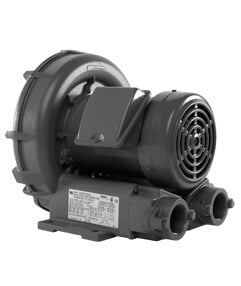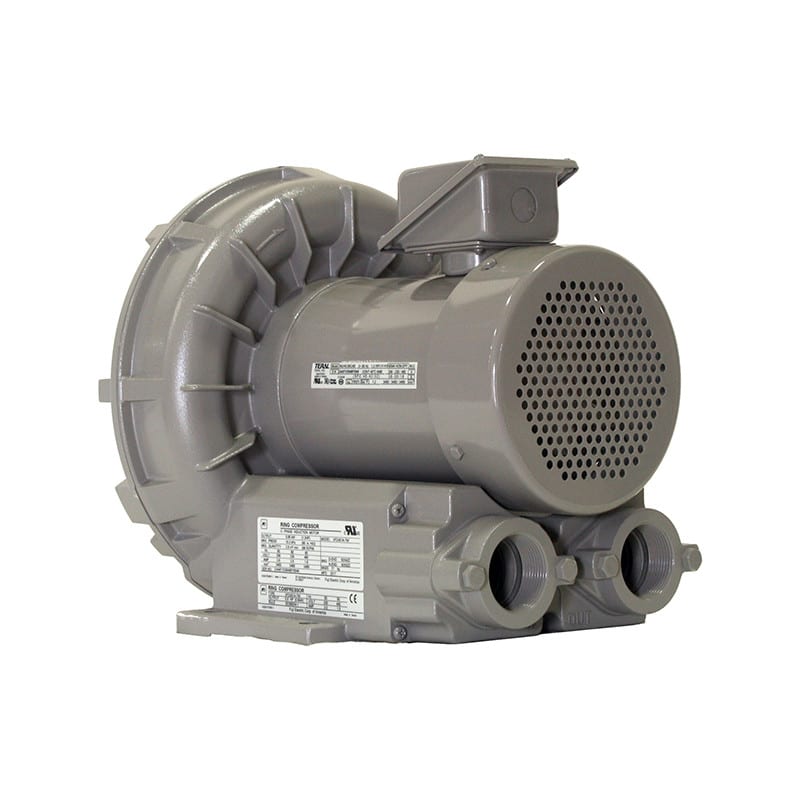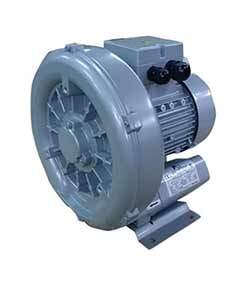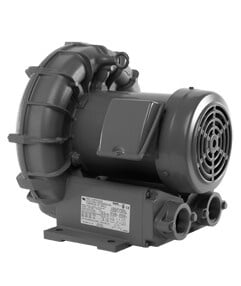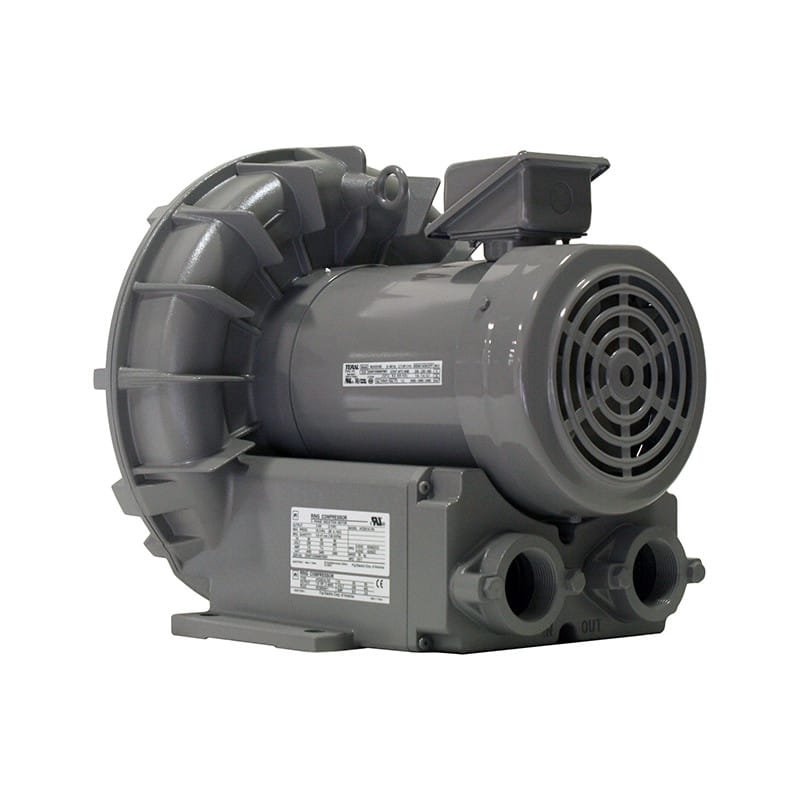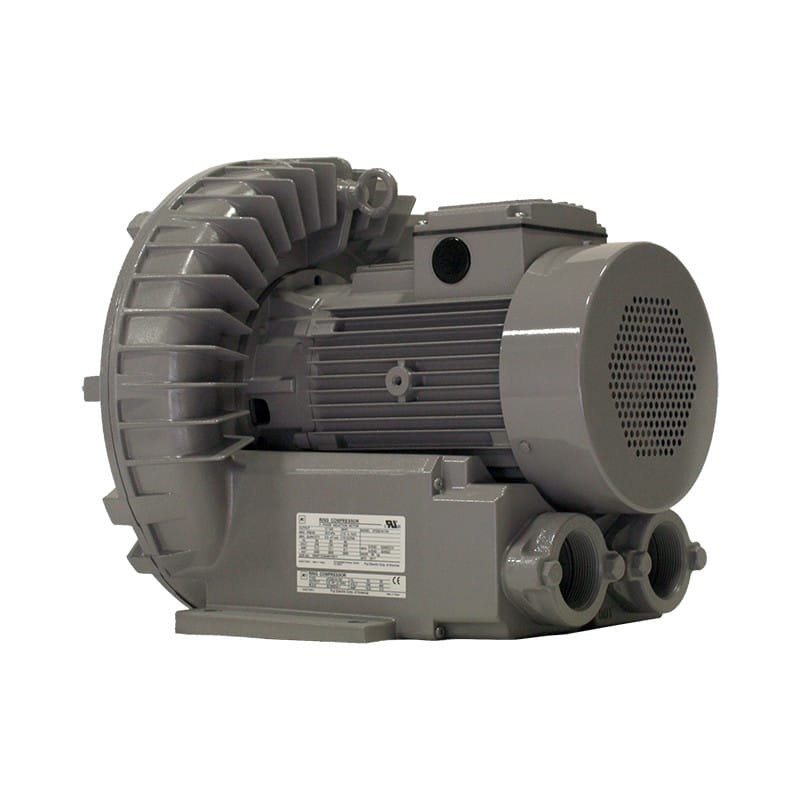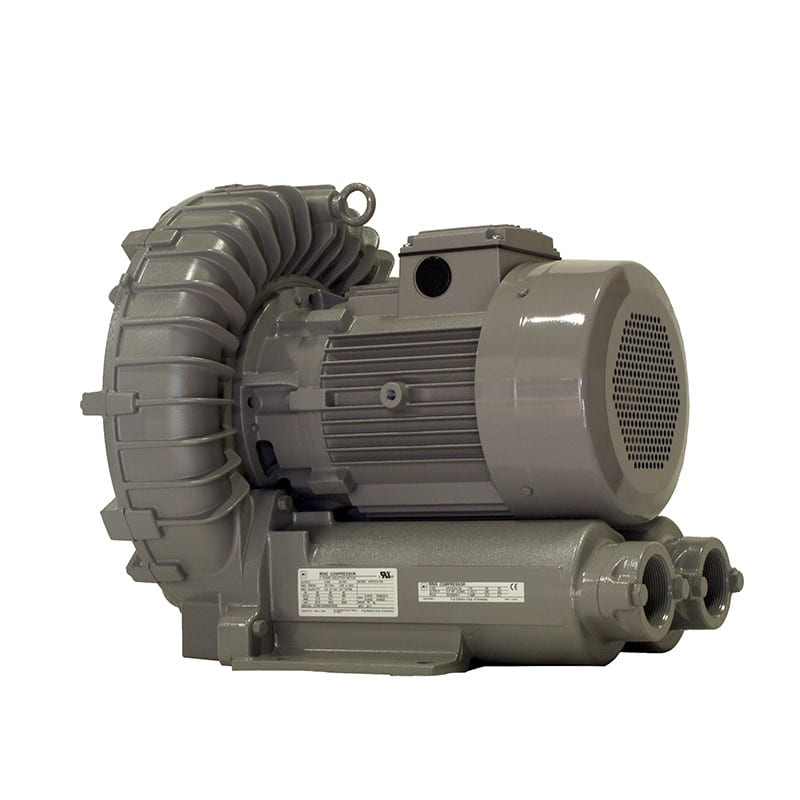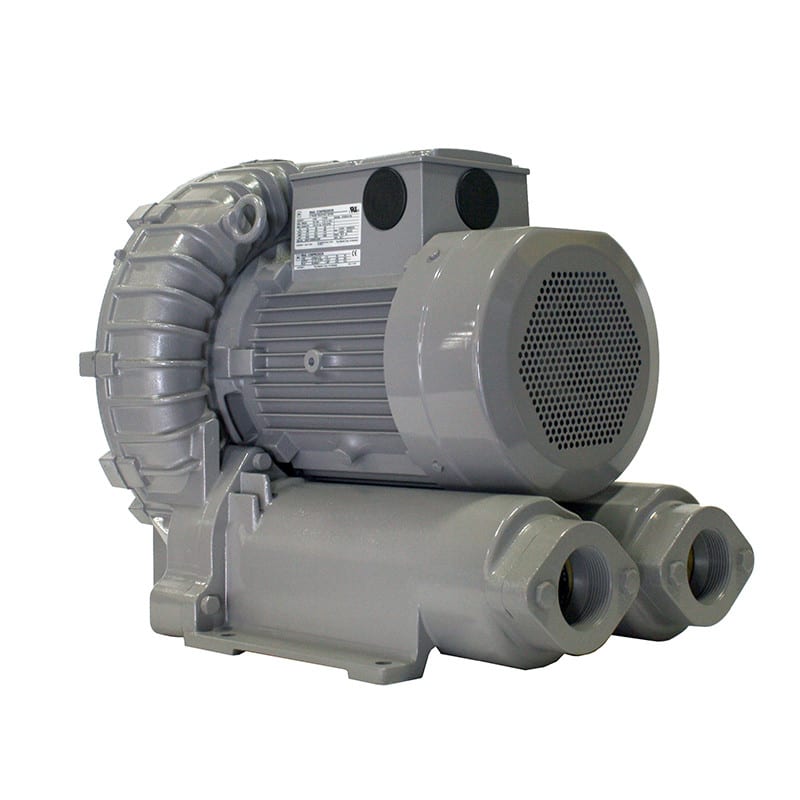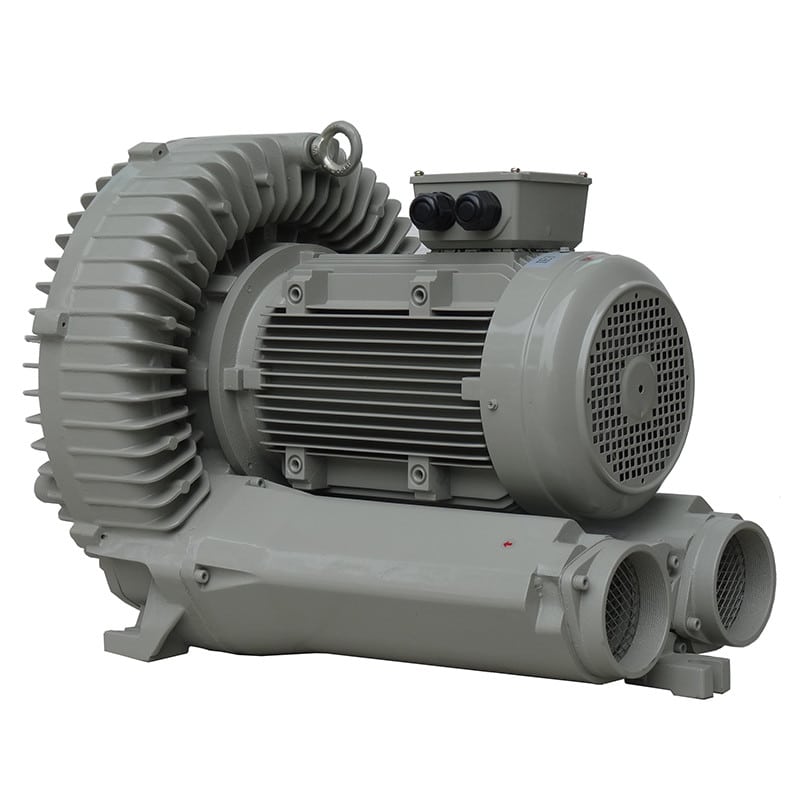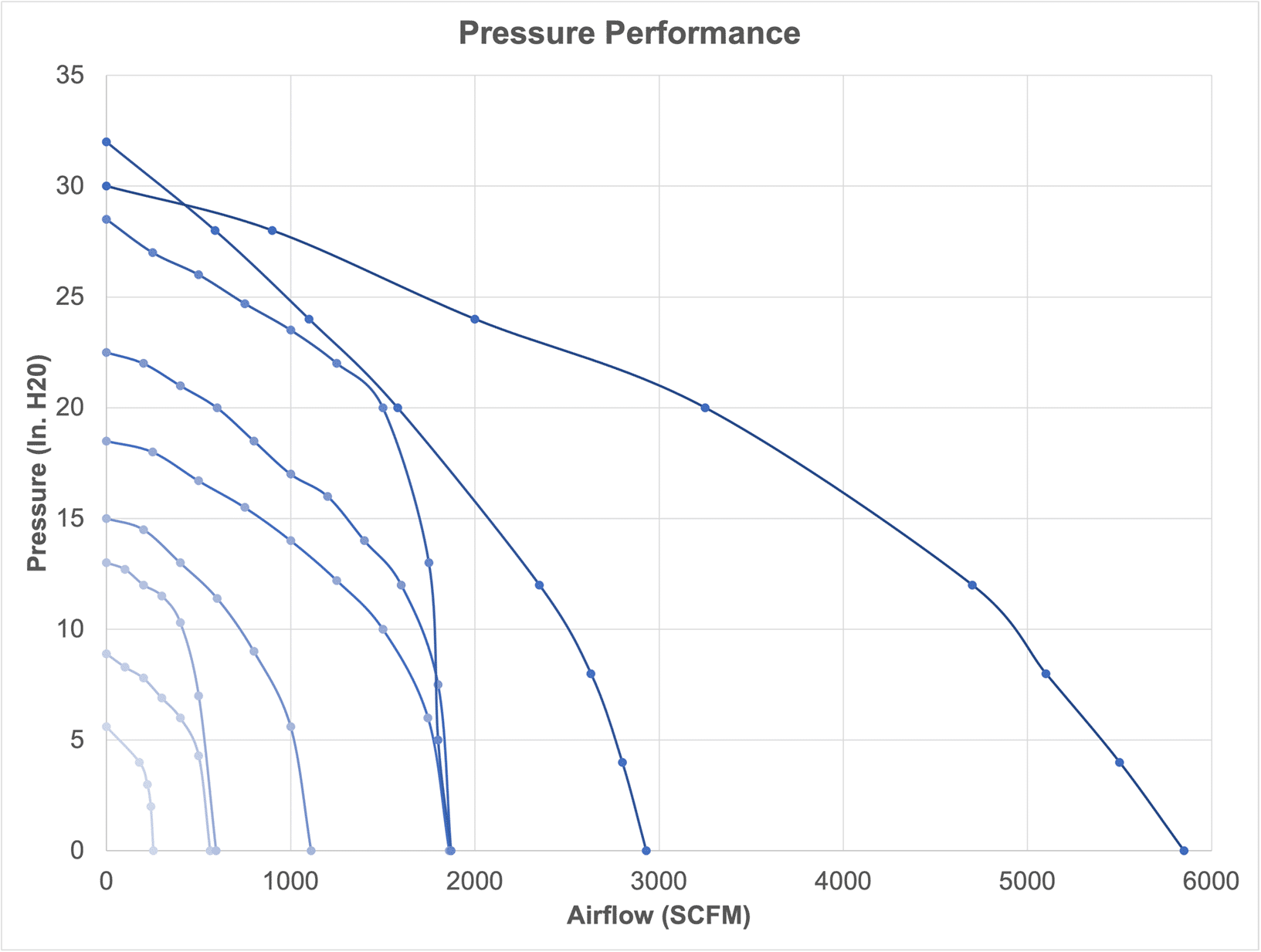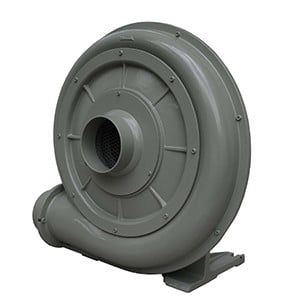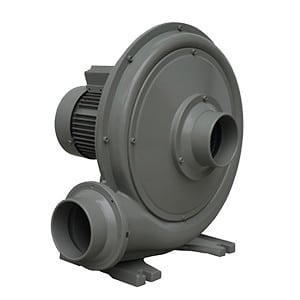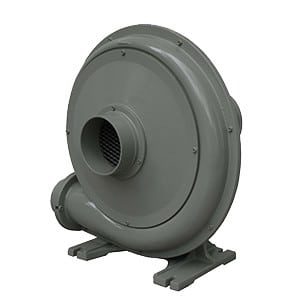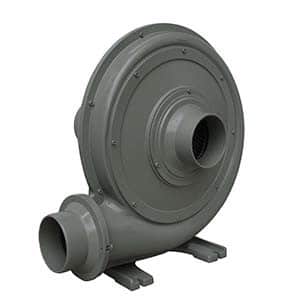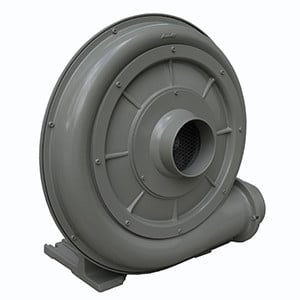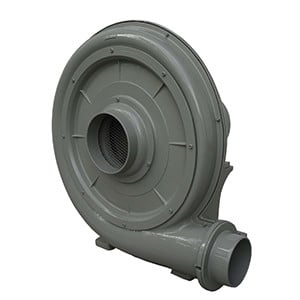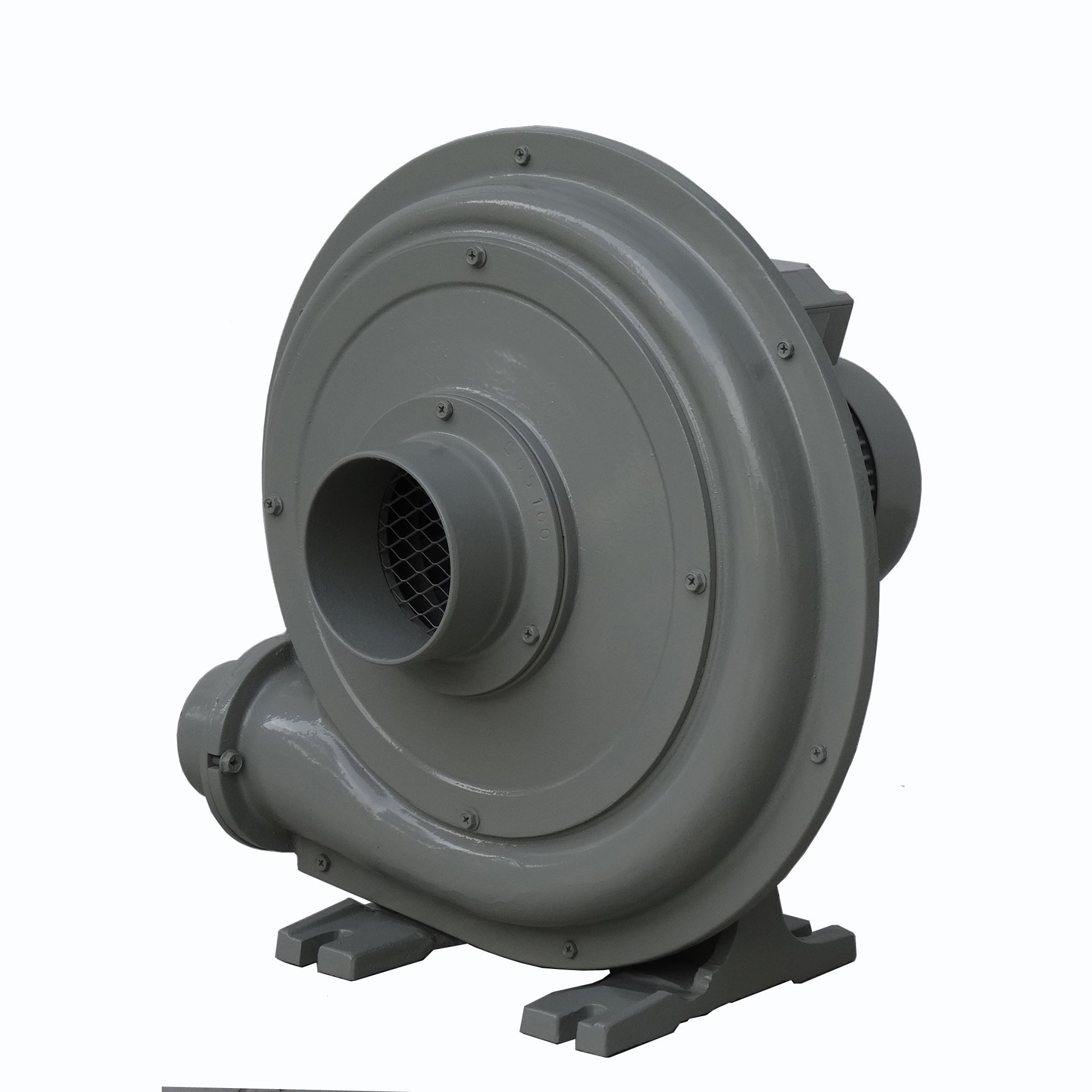Uninterruptible Power Supply (UPS) systems are essential for ensuring continuous power supply to critical equipment and systems, particularly in environments where power interruptions can lead to significant disruptions. Static UPS systems, which use solid-state devices to provide power backup, are a popular choice due to their reliability and efficiency. This article explores the different types of static UPS systems and their unique characteristics. 
- Offline/Standby UPS
Functionality: Offline or standby UPS systems provide power directly from the utility during normal operation and switch to battery power in the event of a power failure or disturbance.
Characteristics:
- Basic Protection: Offers protection against short-term power outages, voltage sags, and surges.
- Quick Switch: Transfers to battery power within a few milliseconds of detecting a power issue.
- Economical: Typically the most cost-effective option for small-scale applications with less critical power needs.
Applications:
- Home office equipment
- Personal computers
- Small business applications
- Line-Interactive UPS
Functionality: Line-interactive UPS systems actively regulate voltage fluctuations and provide battery backup during power outages. They use an autotransformer to correct minor voltage anomalies without switching to battery power.
Characteristics:
- Voltage Regulation: Continuously adjusts voltage to maintain a stable output, reducing battery usage.
- Improved Efficiency: Better suited for environments with frequent voltage fluctuations.
- Moderate Cost: More expensive than offline UPS but provides better protection and efficiency.
Applications:
- Small to medium-sized businesses
- Network equipment
- Servers and storage systems
- Online/Double-Conversion UPS
Functionality: Online or double-conversion UPS systems provide the highest level of power protection by continuously converting incoming AC power to DC and then back to AC. This process isolates the connected equipment from power disturbances.
Characteristics:
- Superior Protection: Protects against all types of power disturbances, including outages, sags, surges, and frequency variations.
- No Transfer Time: Provides continuous power without any transfer time during a power failure.
- Higher Cost: Typically more expensive due to the advanced technology and components used.
Applications:
- Data centers
- Industrial applications
- Critical medical equipment
- Large-scale IT infrastructure
- Delta Conversion Online UPS
Functionality: Delta conversion online UPS systems are an advanced type of double-conversion UPS that includes a delta converter to improve efficiency. This system corrects power factor and manages load more efficiently.
Characteristics:
- Enhanced Efficiency: Reduces energy losses associated with double-conversion by incorporating a delta converter.
- Power Factor Correction: Improves overall power quality by correcting power factor.
- High Reliability: Offers the same level of protection as traditional double-conversion UPS but with better efficiency.
Applications:
- Large data centers
- Industrial and manufacturing environments
- Telecommunications systems
- Modular UPS
Functionality: Modular UPS systems consist of multiple, smaller UPS modules that can be combined to provide scalable power protection. They offer flexibility in terms of capacity and redundancy.
Characteristics:
- Scalability: Easily scalable to meet growing power demands by adding additional modules.
- Redundancy: Provides high reliability through redundant modules, ensuring continuous operation even if one module fails.
- Efficient Maintenance: Individual modules can be serviced or replaced without shutting down the entire system.
Applications:
- Large data centers
- Enterprise IT environments
- Mission-critical applications
Conclusion
Static UPS systems come in various types, each offering different levels of protection and efficiency to meet specific needs. Offline/standby UPS systems provide basic protection for small-scale applications, while line-interactive UPS systems offer improved voltage regulation for small to medium-sized businesses. Online/double-conversion UPS systems deliver the highest level of power protection, suitable for critical applications, and delta conversion online UPS systems enhance efficiency for large-scale operations. Modular UPS systems offer scalability and redundancy, making them ideal for growing and dynamic environments.
Choosing the right type of static UPS system depends on the specific requirements of the application, including the criticality of the equipment, budget constraints, and the need for scalability. By understanding the unique characteristics and benefits of each type, organizations can ensure continuous and reliable power supply, protecting their valuable assets and maintaining operational continuity.




